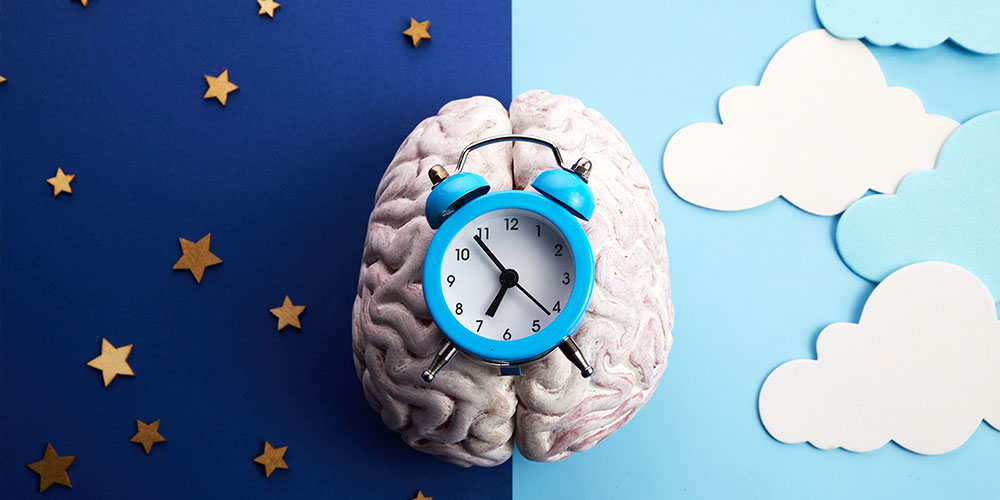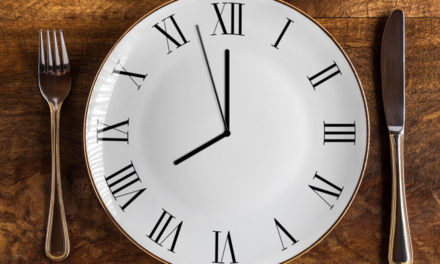Did you know that blue light from our phones and lack of natural light may lead to hormonal imbalances, weight loss resistance, and many other health issues?
Our circadian rhythm is critical to our sleep, hormonal health, digestion, body temperature, mood, and even our eating habits and cravings.
The circadian rhythm is a biological rhythm that cycles around a 24-hour clock. It is affected by many things, but it is influenced the most by the external light and dark that we receive.
The light received by the suprachiasmatic nucleus (SCN), the primary circadian pacemaker in the hypothalamus, tells our body to make either melatonin or cortisol. Light triggers the release of cortisol (to wake the body), while darkness triggers melatonin for sleep.
Cortisol and melatonin have an inverse relationship; when cortisol is high, melatonin should be low and vice versa. When this rhythm gets disrupted, our health suffers.
We can do many things to help rebalance our circadian rhythm by focusing on light, sleep, activity, meal timing, etc.
See below for some practical tips:
GET MORNING LIGHT FOR A MINIMUM OF 15 MINUTES FIRST THING IN THE MORNING. This signals the production of cortisol first thing so that we are ready for activity. It also stimulates the production of our happiness neurotransmitter serotonin, which is the precursor to melatonin, telling our body to get ready for sleep later that evening.
LIMIT BLUE LIGHT EXPOSURE IN THE EVENING, ESPECIALLY 2-3 HOURS BEFORE BEDTIME. This will help signal the production of melatonin, thus readying the body for sleep. It is better to use red light or yellow/ warmer hues of light. You can do this by limiting screen time from TVs, phones, and computers. Turn the lights down, add natural light sources, or wear some blue light-blocking glasses.
EXERCISE, ESPECIALLY IN THE MORNING AFTER YOUR BREAKFAST! Exercise can have significant positive effects on our circadian clock. Sometimes, exercising too late in the day can lead to a delayed release of melatonin. You know that hyped-up feeling you get before bed?!
SLEEP BY 10:00 P.M. Some ways to get better sleep include reducing alcohol, limiting caffeine consumption, reducing noise, sleeping in a dark room, using sound machines, a cool bedroom temperature, keeping devices out of the bedroom, or even using a pineal gland activation playlist, which stimulates melatonin production. You can find one on Spotify, YouTube, or Apple Music.
TRY TIME-RESTRICTED EATING ACCORDING TO THE CIRCADIAN RHYTHM. You can do this by eating in line with the sleep/wake cycle and in line with your hormones. An easy way to do this is by eating breakfast within an hour of waking and avoiding late dinners.
This is not medical advice. Please consult a doctor before implementing any changes.
Audrey Stimpson is a Certified Functional Nutrition Counselor working at Sundara Wellness. You can reach her via email at audrey@audreystimpson.com







